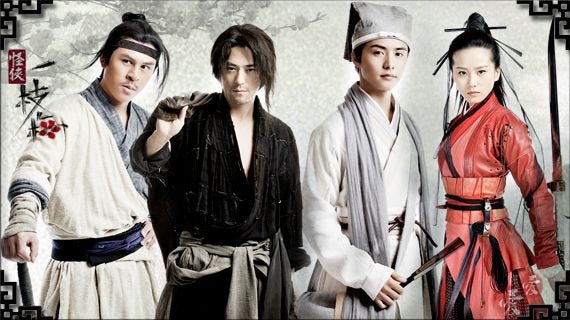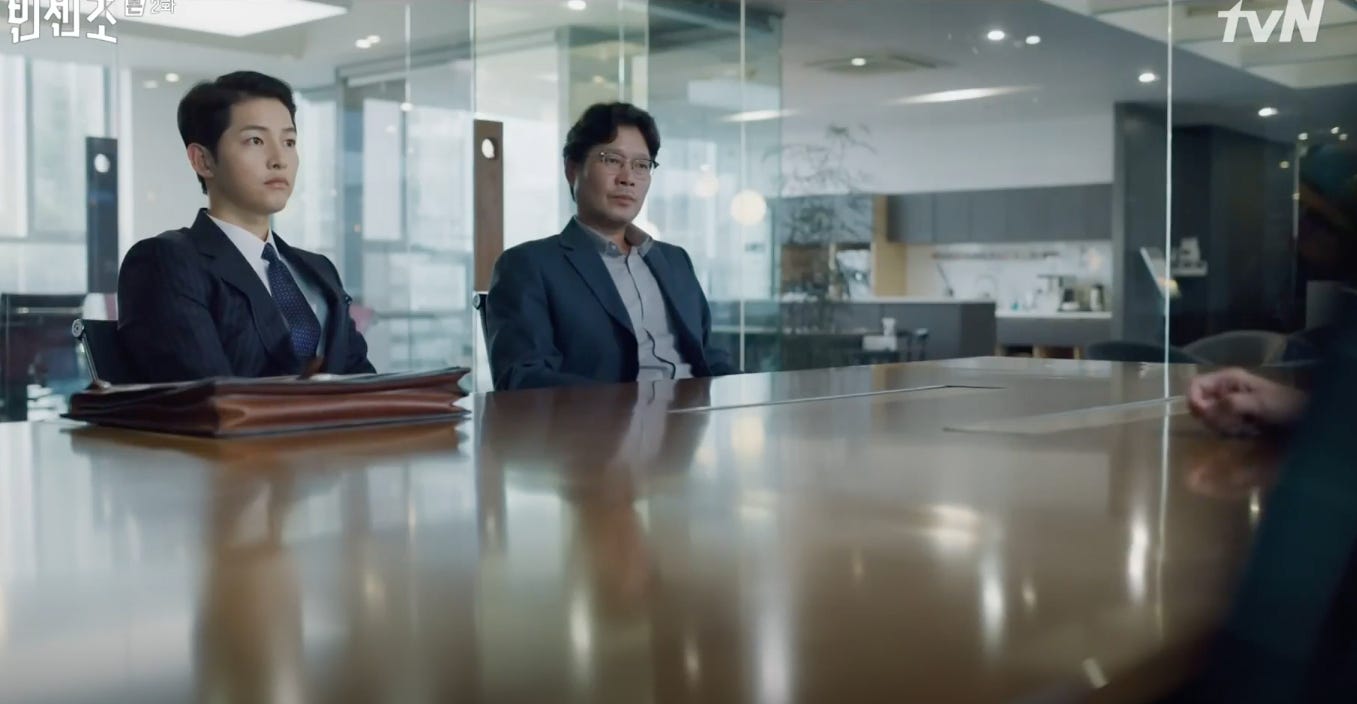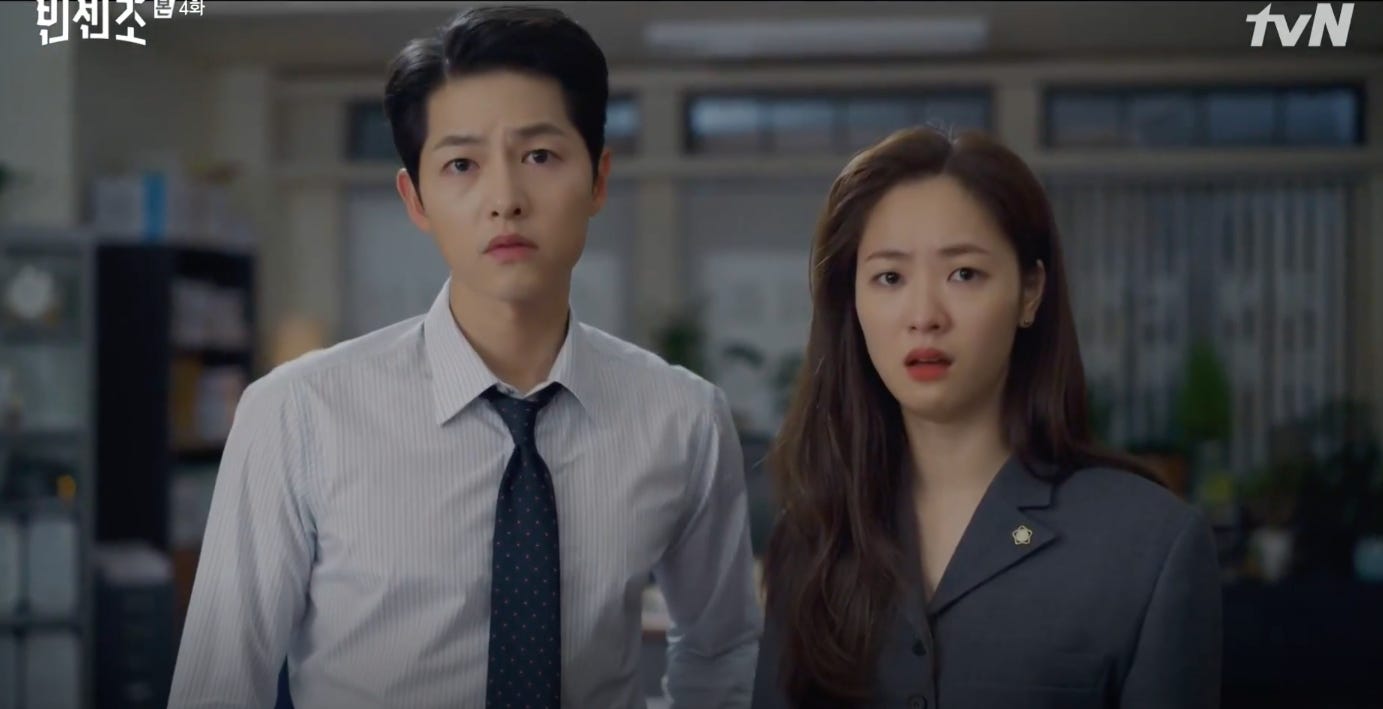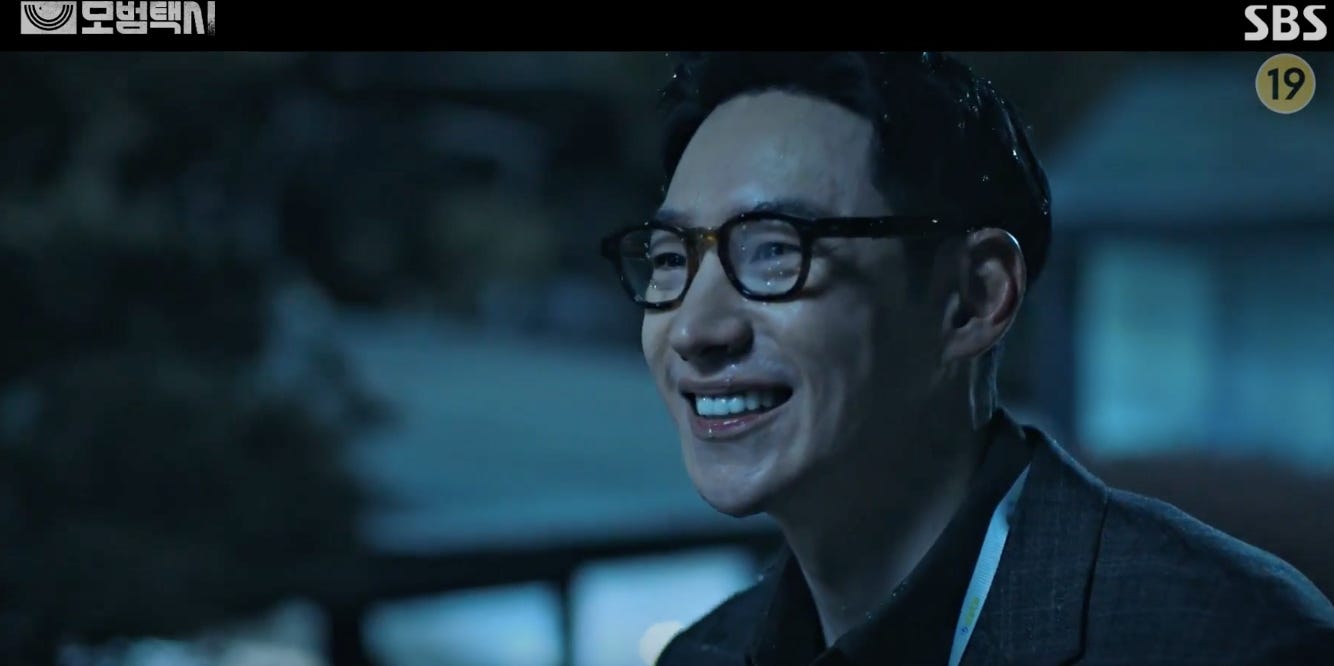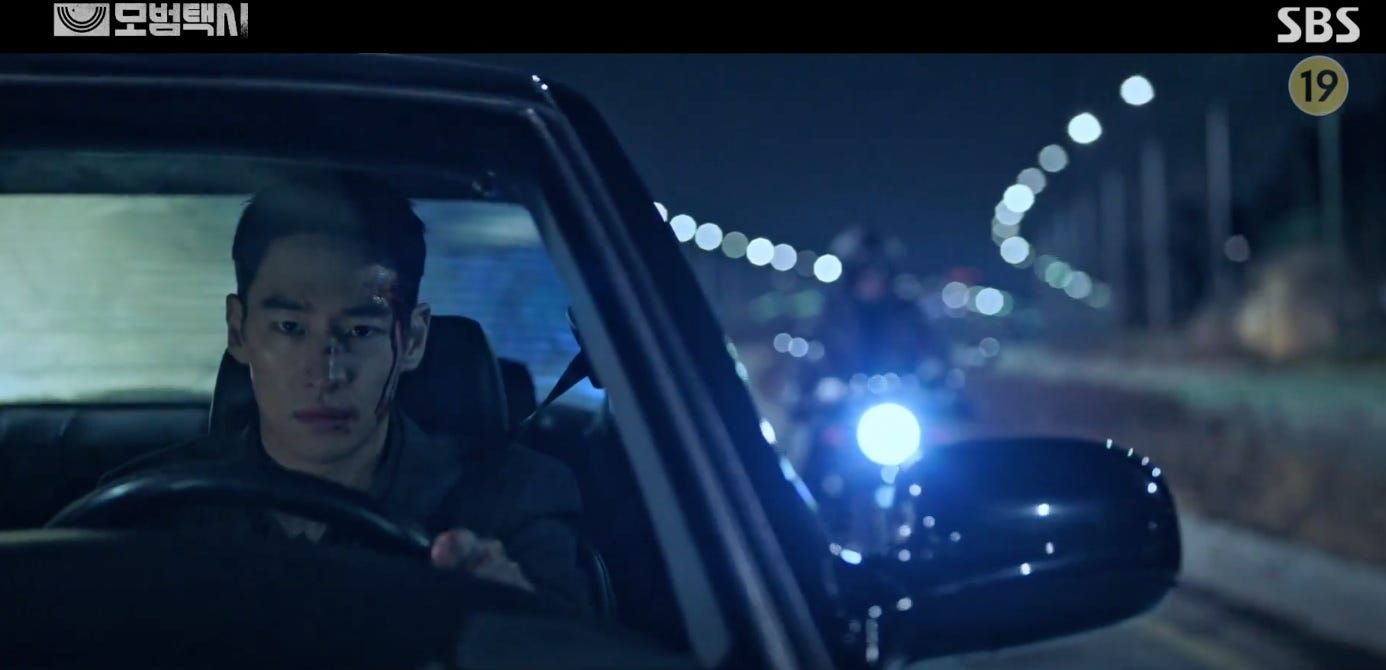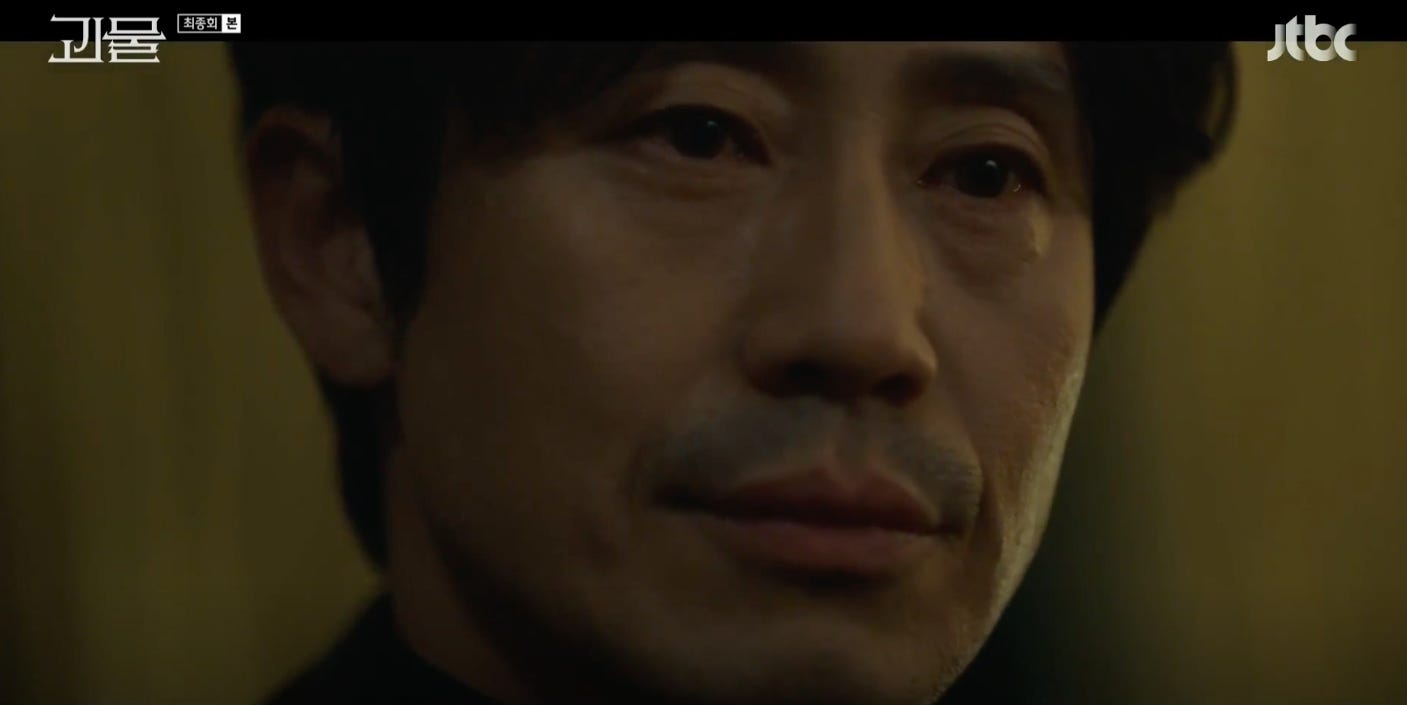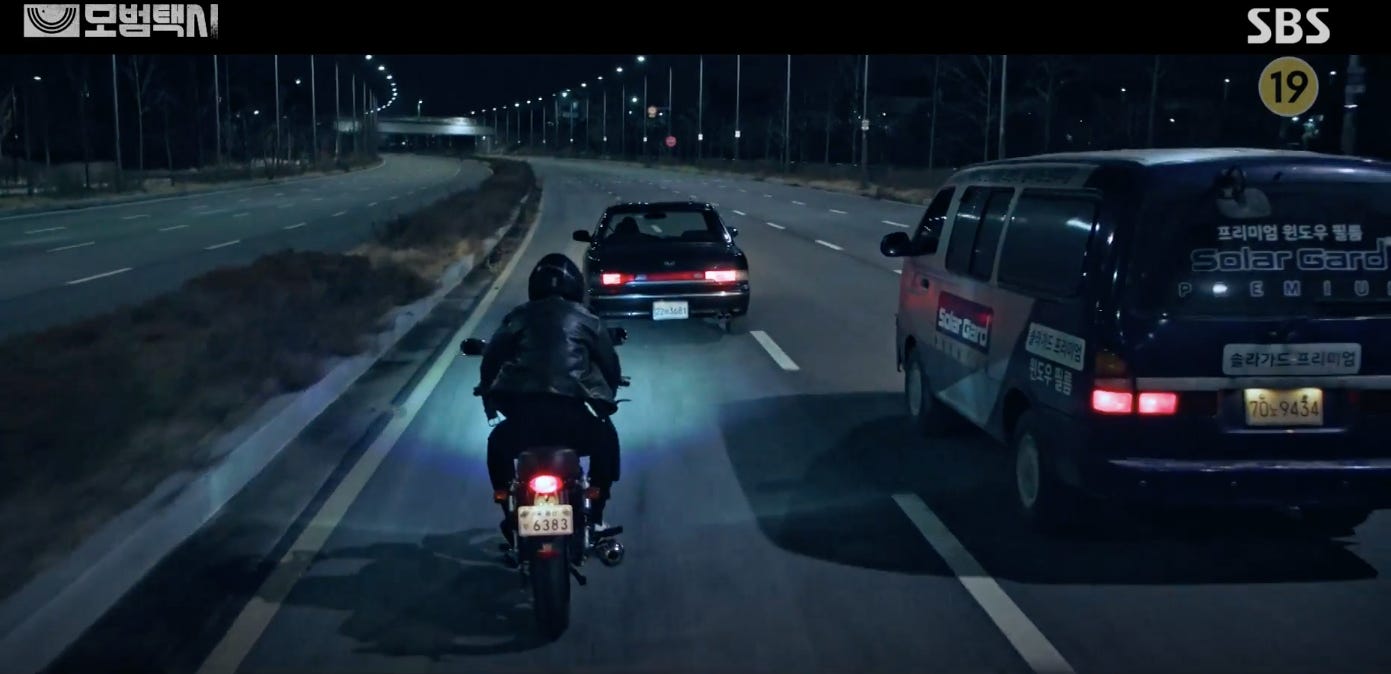I’ve been wondering since the start of Undercover if this was going to be the year of the Vigilante. Recent output from Kdramaland seems to be proof of that. Or perhaps it just so happens that I gravitate towards these kinds of narratives within the overcrowded space where crime shows inhabit. Even if that’s the case, there seems to be a noticeable trend since the end of 2020. Obviously I’m not the only one who is that way inclined as seen in the ratings for all these dramas. Kdramaland is striking a chord with their audiences or should I say, hitting a sensitive spot.
The title of the post is a reference to an older China produced drama Vigilantes in Masks (2011). The Chinese title refers to a legendary Robin Hood type character known by his signature as Yi Zhi Mei (Lit: A stick of plum blossom). Not unlike the Scarlet Pimpernel. In this version Yi Zhi Mei isn’t one person but four outlaws. It is patterned fairly closely after the US show although set in the Ming dynasty rather than in modernity. It’s still one of my favourite dramas from China. I’ve lost count as to the number of times I watched the show when it first came out.
I’ve just completed a marathon of Vincenzo which is the catalyst for this post. I started it a while back and then put it on hold thinking that this was the kind of show I would prefer to binge watch once it was all over. To be honest I wasn’t impressed immediately. I adored Song Joong-ki in the title role but he seemed to be the straight guy flying over the cuckoo’s nest and landing into it with a thud. His deep menacing vocals are to die for though. Everything but him felt contrived. The comedy wasn’t really my cup of tea and the slapstick had me reeling at first. Still, I saw potential in the insanity but I ummed and ahed about continuing it. 18 episodes later I can unabashedly say that it was a rollicking good ride… pure entertainment right to the end. It’s no masterpiece to my mind, aspects of it are derivative but it manages to hit the spot. What it does well it does really well. Elements like the Geumga Plaza family… do make up for the show’s shortcomings.
Although there’s little doubt as to who is the protagonist here the so-called villains are definitely an important feature of the narrative. There needs to be some claim to seeming insurmountable injustice. It is a vigilante story after all. I grant that not everyone cares about the quality of the villains especially if all you care about are the protagonists pummeling the baddies. Here the death cult Babel mob certainly give us plenty of reasons to root for the antihero Vincenzo. They are also a lazy lot… completely lacking in creativity. It’s bang bang, bash bash and stab stab pretty much all the way through. Except when they call up “friends”. It’s disappointing in some ways that the villains are the stuff of boilerplates but then maybe all that luxury and moolah makes the fabulously wealthy complacent and dumber. It was perhaps the height of stupidity when certain individuals made the decision to dispose of mother. To not even think through the ramifications still boggles my mind. Choi Myung-hee the instigator of that is the biggest let down to my mind. She claimed that she’d had enough being the prosecutor’s dog but for some reason she was willing to be Jang Han-seok’s dog. Why? Because the pay is better? Because he lets her kill whenever she wants? It didn’t take her long to go from prosecutor to persecutor.
Everything makes much more sense when one thinks of Vincenzo as a farce. It has to be, I imagine, so that the violence would sit better with the more squeamish. In a story where tit for tat prevails in bloody fashion, it may help the bitter pill go down. The nutty stuff seems to have a place because it is calculated to warm the cockles of your heart. And why not? Everybody needs a family including a vigilante consigliere who isn’t afraid to torture and kill. He too needs a little help from this friends.
Vincenzo, the man however is rather more interesting. Although he is returning to his native land to complete a mission, he is an outsider. He is always Vincenzo Cassano and he never gets a chance to tell his mother that he is her son Ju-hyeong because from the moment he left the country, he left that past behind. Of course there are running gags about his name and his mafia connections but it’s all part of the scheme to remind us that he’s the consummate outsider even while speaking the local lingo fluently. Culturally he’s not part of the landscape and perhaps never will be. He is subject to racial slurs in Italy and in Korea he’s a fish out of water too. So what does a man without a home do? He plans to buy one with a stack of gold bars hidden at the bottom of a building slated for demolition.
There’s a certain irony of course in casting Song Joong-ki in this role because he exudes a certain boyish naivete but of course there is little that is naive about Vincenzo. His adversaries had better beware. He is the The Punisher and John Wick with an agenda. Obstacles be damned.
Vincenzo the consigliere has no intention of being a vigilante at first. He wants his shiny stuff and take the first flight out except that circumstances dictate that getting the gold out is going to be far more challenging than he had envisaged. His Catholic upbringing turned my thoughts to matters more biblical and to the book of Judges particularly known for the violence and antiheroes. Men and women who don’t fit the heroic mould comfortably eg. Samson but are used by God to deal with troublesome neighbours during dark times. I wonder too if this is how Vincenzo is meant to be seen. Unbeknownst to him, he is the miracle not only to save Geumga Plaza but to take down the entire Babel edifice. He may call himself a villain but he is a godsend in desperate times against a seemingly invincible evil. Only an antihero born out of mafia conflicts can be the one to navigate shark-infested waters of political corruption and Big Evil Business in South Korea.
We root for him because he is doing something the law seems impotent to do. The law is being held hostage by corrupt public servants who are in the pay of Babel. So what is the average man and woman to do? It’s less a case of an eye for an eye but more a case of unleashing the gates of hell. He punishes the wicked one by one. It’s not personal at first but they make it personal and so he complies. Cha-young, a fighter herself, is prepared to go all the way with him because she knows that he is the man, the one who is able and willing to do what it takes to defeat the enemy.
My eldest and I gave a loud cheer (unrehearsed) when CEO Kim Yang-jin from Taxi Driver saw the end of Do-ki’s fist. Apparently we were living vicariously through Do-ki. The CEO was a tantrum throwing bully who lashed out at his employees at the drop of a hat. Unleashing violence seemed to be a way of life with him. Kim Yang-jin was extremely bad news and his company was selling porn online very illegally. He knew how to surround himself with people he could control to do his bidding. In all three cases highlighted in Taxi Driver, violence is an integral part of how the criminals control their victims. It’s all about a demonstration of power to intimidate “lesser” beings.
Violence is absolutely the default position for the one dimensional baddies in Vincenzo. It’s supposedly the way to take care of things permanently and or strike terror in the hearts of the victims. But for a man who is no stranger to violence in his line of work, he’s not so easily intimidated. In fact, he’s quite willing to fight fire with fire. Those who see him as an impediment escalate the violence until they realise that they are no match for him in that regard either.
From time to time the Taxi Driver wears a mask (whether it’s a physical one like his spectacles or when he goes undercover as a dork) but at the opportune moment he unveils himself and strikes back on behalf of those who have suffered in the hands of the bullies. When he reveals his face the shock from subverting expectations gains him advantage and he weaponizes it. The anger as a victim of crime and for the those who have suffered is what drives him to put himself on the line. His skill set allows him to get away relatively unscathed while trampling all over the perpetrators who are probably getting a fraction of what they deserve. As the dork, Do-ki is amiable and talkative but when he’s the avenging taxi driver, he is serious, taciturn… and merciless.
I’m also partial to the idea of Dong-sik from Beyond Evil as a vigilante. As a cop he may know the law like the back of his hand but all throughout his career he has crossed all kinds of lines because the system seems to be easily exploited by those in high places who are connected one way or another. It is a tendency born out of grief and frustration for the people he has lost over time.
What do they have in common? The world they live in is terrible place where “might is right”. These men deploy violence only when called for and then they go hard especially if the opposition hits hard. They have to be selective about who should be targetted. Moreover, these vigilantes aren’t incapable of kindness, they have a gentler side to them. Vincenzo even learns to befriend the pigeon who makes a home outside his window sill. They may unleash their ire against the corrupt and the criminal but they are ready to give their allies, comrade-in-arms all of their protection.
I have often heard it said that violence doesn’t resolve anything. Actually that’s debatable. It can resolve a lot and sometimes that’s the only recourse left to desperate people. If we were living in a world where the rule of law and human rights were respected, violence would in all likelihood be a rare occurrence indeed.




